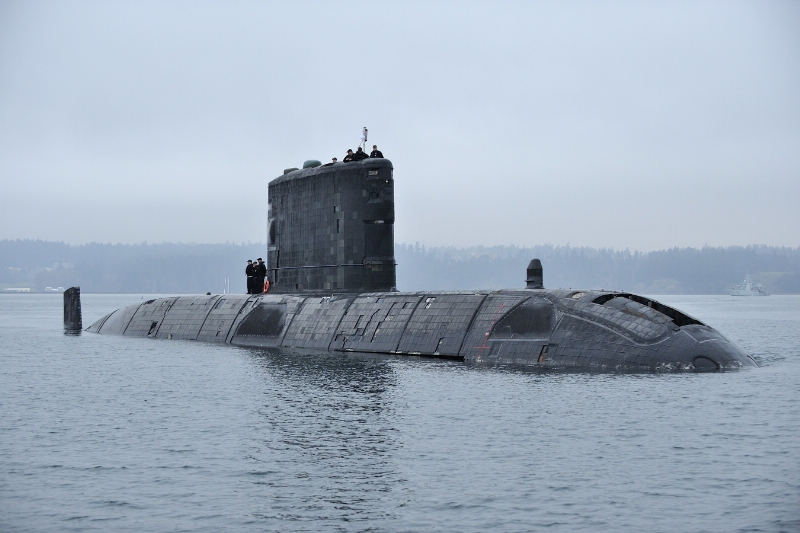Lockheed Martin will provide long-term and full-spectrum support for the submarine fire control systems on the Royal Canadian Navy’s four Victoria-class submarines.
The global aerospace and defence company said it was awarded a $14.5 million contract to conduct service, field service support, obsolescence management, and technical investigation on the undersea vessels.
The work on this program will be conducted at Lockheed Martin’s facilities in Manassas, Virginia and Dartmouth, Nova Scotia, and via field service support at Canadian forces bases Halifax and Esquimalt.
The fire control system is critical for the submarine weapon firing capability as well as for providing a tactical picture compilation of all available acoustic and non-acoustic sensors.
It includes processing and technology to rapidly synthesize sensor data and classify, identify and neutralize potential adversaries on the surface and subsurface.
RELATED CONTENT
Welding flaws plague two Canadian Victoria-class subs
Lockheed Martin will incorporate additional system integrations including modernized, layer-based displays, support of advanced sonar processing upgrades, remote control and image display of the search and attack periscopes, precision electronic navigation, and a
The Victoria-class submarines are diesel-electric vessels designed in the 1970s to supplement the United Kingdom’s nuclear submarine fleet.
The Canadian government purchased four of the used submarines from the U.K. for $750 million back in 1998. While the deal was considered a bargain at the time, the submarines have actually seen little in Canada due to a number of issues such as engine problems, fire, maintenance errors, and even a collision with the ocean floor.
“Since Canada first acquired its Victoria-class submarines, we have worked in partnership with the Department of National Defence to apply technology advancements that achieve and maintain operational readiness that will remain viable through the fleet’s entire lifecycle,” said Bob Harman, SFCS program manager at Lockheed Martin Mission Systems and Training. “We will continue our commitment to providing low-risk solutions that show significant value for the Crown’s investment.”
Lockheed Martin conducted the first successful test firing of a Mk48 Mod 7AT torpedo from the Victoria-class consoles and weapon control units at the Canadian Forces Maritime Experimental and Test Ranges.
In addition to the fire and weapon control and sonar management systems of the Canadian Victoria-class, Lockheed Martin also provides variants of the Submarine Integrated Combat System to the Tupi Class submarines of the Brazilian Navy and the Walrus Class submarines of the Royal Netherlands Navy, as well as a robust command and control and weapon launching system to the Spanish Navy S-80 submarine class.

